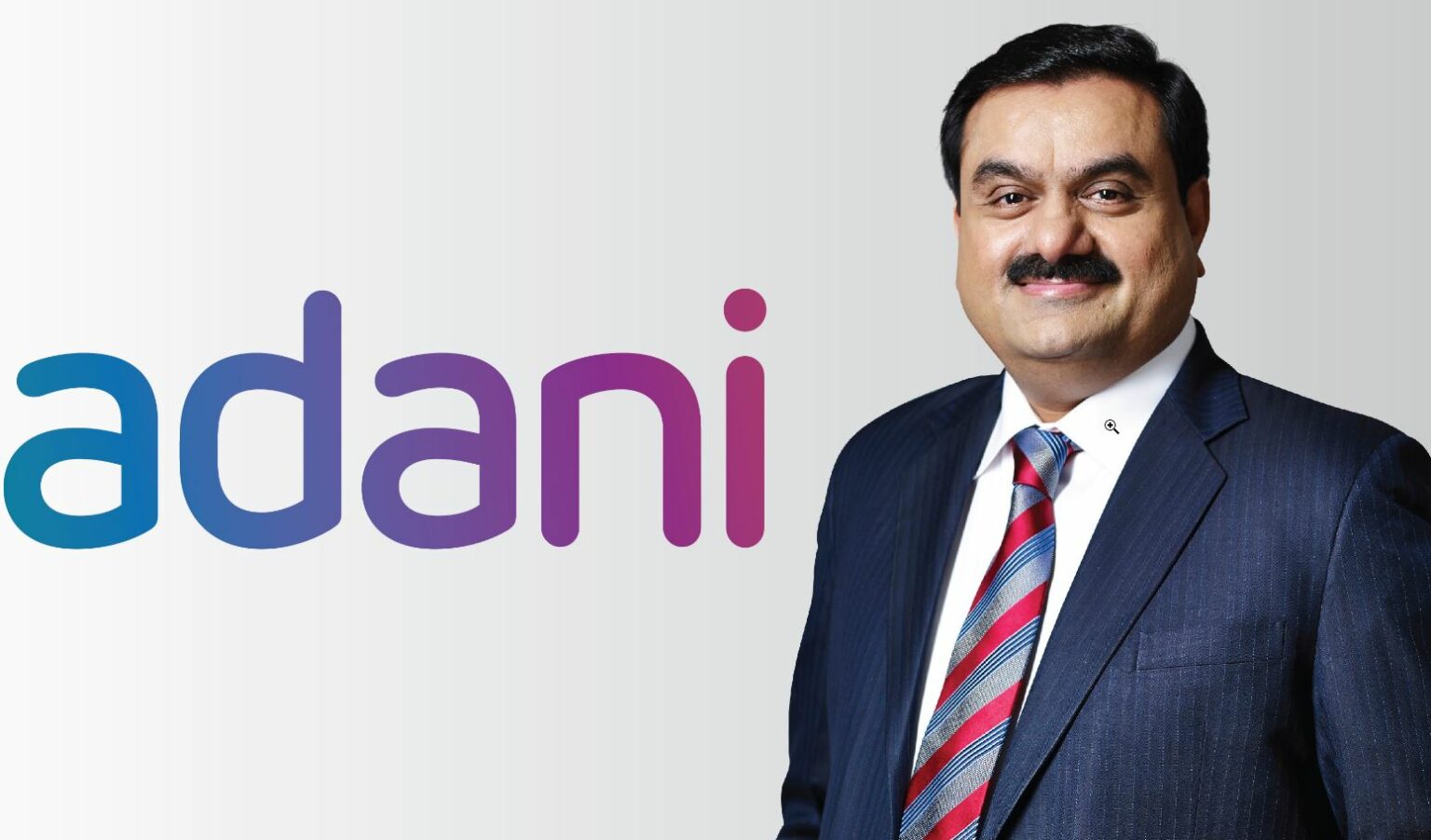Adani Group’s recent announcement to invest $9 billion in green hydrogen infrastructure in Kutch, Gujarat, marks a significant move in the renewable energy sector.
The project aims to produce one million tons of green hydrogen annually using renewable energy sources.
The initial phase of Adani’s green hydrogen project focuses on producing hydrogen through water electrolysis powered by renewable energy. The plan also includes manufacturing specialized ships for exporting hydrogen to Europe and Asia, reflecting a comprehensive strategy to capture global markets. With an ambitious target to create between 7,500 to 10,000 new jobs, this initiative is poised to contribute significantly to the local economy.
Adani’s project aims to produce one million tons of green hydrogen annually, a substantial figure that positions it among the world’s largest hydrogen ventures. However, it is crucial to compare this with other major projects globally. For instance, Saudi Arabia’s Neom project, which also targets large-scale green hydrogen production, serves as a benchmark. Both projects highlight the increasing scale and ambition within the sector, though Neom’s integration with advanced technologies like solar and wind power places it at a technological forefront.
The creation of 7,500 to 10,000 new jobs is a notable benefit of this project. However, it is essential to consider the sustainability and quality of these jobs. The renewable energy sector often requires highly specialized skills, and the successful implementation of this project will depend on the availability of a skilled workforce. Additionally, the broader economic impact, including potential benefits to local industries and the overall regional development, needs to be critically assessed.
Adani’s plan to use its ports on the west coast of India for exporting green hydrogen and derivatives to Europe and Asia is a strategic move. By leveraging its existing infrastructure, the group aims to position itself as a major player in the global hydrogen market. However, this strategy must be compared with other global exporters, such as Australia and the Middle East, which are also investing heavily in hydrogen production and export capabilities. The competitiveness of Adani’s hydrogen on the global market, in terms of cost and sustainability, will be a determining factor in its success.
